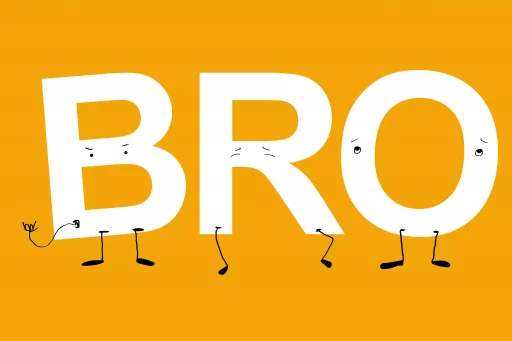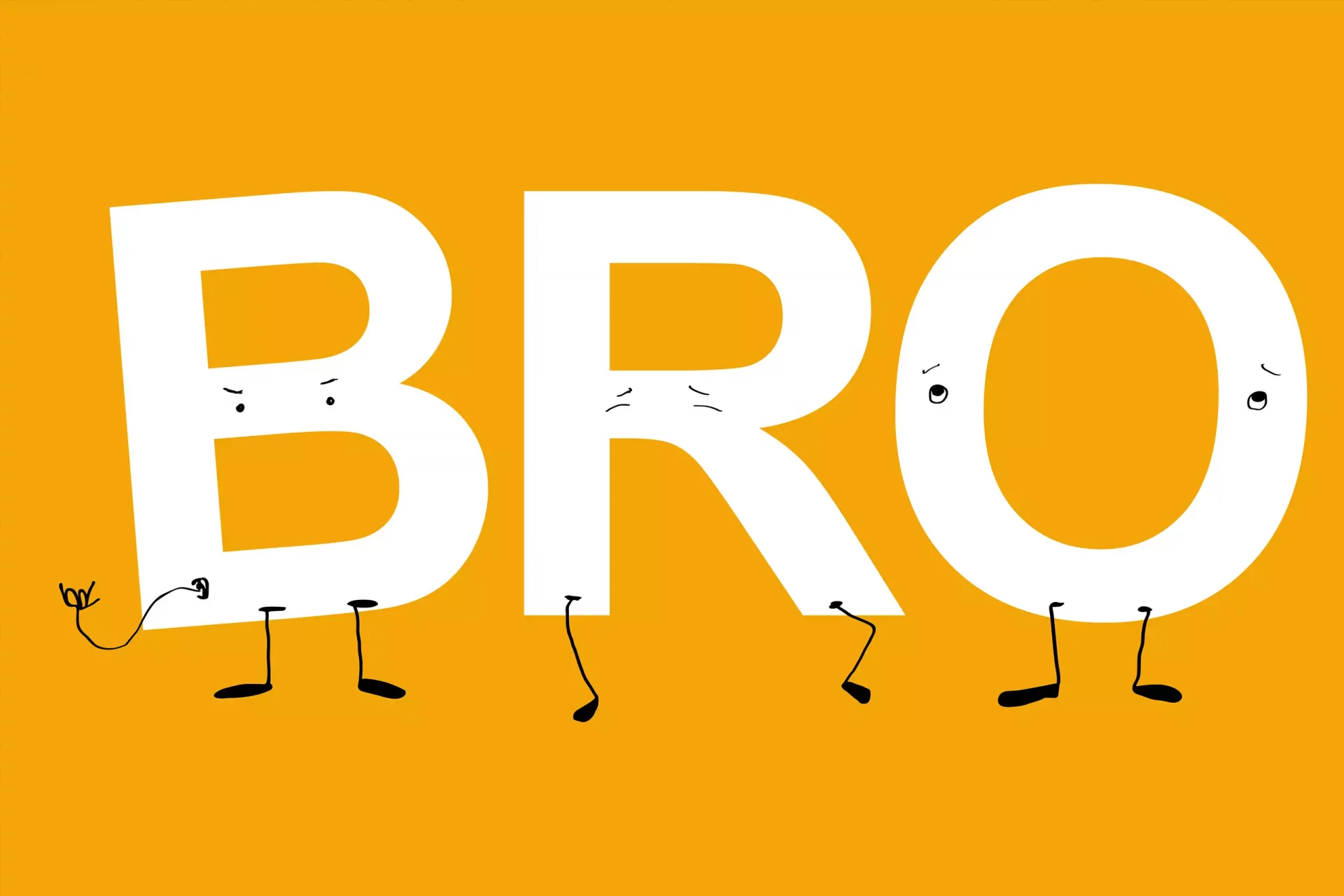Introduction
In the rich tapestry of slang, certain words take on meanings that can baffle the uninitiated. One such word is ‘herring’. While herring typically refers to a type of fish, in certain circles, it has a completely different connotation. This article delves into the slang definition of herring, its origins, usage, and some interesting examples to help demystify this term.
What Does ‘Herring’ Mean in Slang?
In contemporary slang, ‘herring’ often refers to the idea of a distracting issue or a false trail intended to divert attention from a more significant problem. This usage is derived from the phrase ‘red herring’, which describes a misleading clue or distraction that leads one away from the actual issue at hand.
Origins of the Term
The term ‘red herring’ has its roots in the 1800s in the UK. It was originally used in the context of hunting. The scent of a smoked herring was used to train dogs—often creating a false trail to confuse them. Over time, it evolved into a metaphor in literature and debate. The basic premise revolves around misdirection or a diversion, which has been adapted into modern slang.
Usage in Pop Culture
The term ‘herring’ has infiltrated various aspects of pop culture, often showing up in movies, television shows, and literature where misdirection is a theme. Here are some notable examples where ‘herring’ serves this purpose:
- Films: Mystery films often include red herrings as plot devices to keep audiences guessing. Take “Knives Out” for instance.
- Television: Shows like “Lost” and “Breaking Bad” frequently present red herrings, leading viewers down false paths.
- Literature: Classic novels, such as Arthur Conan Doyle’s Sherlock Holmes series, expertly deploy red herrings to create tension and intrigue.
Examples of Herring in Everyday Language
To better understand how the slang term is used, consider these conversational examples:
- Example 1: “I can’t believe they spent so much time arguing about the dress code. It’s just a red herring for the actual budget cuts we’ve been facing!”
- Example 2: “The rumors about the new project being canceled are just a herring to divert attention from the layoffs.”
- Example 3: “Don’t fall for the herring! The real issue is the lack of funding, not the new policy changes.”
Case Studies: Herring in Action
Understanding how distractions operate in various contexts can illustrate the significance of ‘red herrings’. Here are two case studies that highlight the concept:
Case Study 1: Political Debates
Political debates often involve the art of distraction. During a recent electoral debate, candidate A deflected an inquiry about their voting record by focusing on an unconnected scandal involving candidate B. In this scenario, candidate A’s approach served as a classic example of a red herring.
Case Study 2: Corporate Scandals
In a high-profile corporate scandal, the CEO announced a significant charity initiative to distract stakeholders from financial inaccuracies that were being investigated. Rather than addressing the core issue, the initiative acted as a herring, redirecting focus from the underlying problems that needed attention.
Statistics on Misdirection in Communication
Misdirection is not just prevalent in casual conversation but is a common phenomenon in communication, as highlighted by recent studies:
- According to a 2021 study by the Communication Research Journal, 72% of professionals admitted to using distractions in discussions to avoid difficult topics.
- The same study indicated that 85% of participants expressed frustration over red herrings in workplace discussions, signifying a commonality in these practices.
Conclusion
The slang definition of ‘herring’, particularly in its red herring form, serves as a vital concept in understanding communication. Whether in casual conversations, political debates, or corporate discussions, the use of distractions highlights human nature’s tendency to avoid uncomfortable topics. By recognizing these patterns in language, we can become more adept at navigating conversations and identifying when we’re being led astray.
Final Thoughts
Next time you hear ‘herring’ in a conversation, remember its deeper meaning—more than just a type of fish, it’s a reminder of the intricacies of communication and the subtle art of misdirection.






